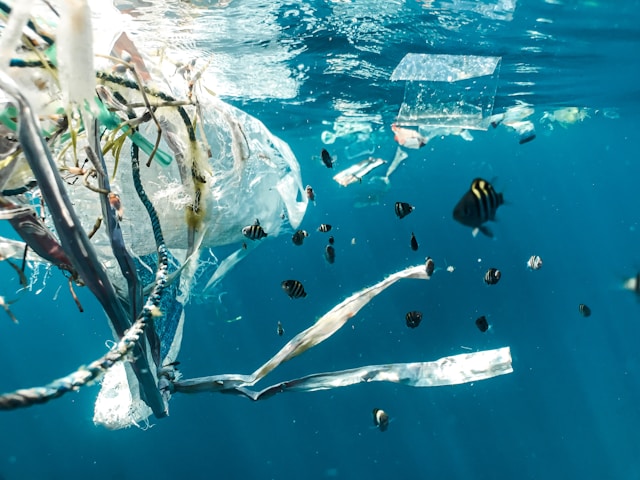Researchers from the University of Otago caution against viewing biodegradable plastics as a complete solution to plastic pollution, as they can still pose harm to marine life, particularly fish.
Petroleum-based microplastic alternatives dangerous to marine life
Research has shown that traditional petroleum-based microplastics harm marine ecosystems, while the effects of biodegradable alternatives underwater remain largely unexplored. Unlike their petroleum counterparts, biodegradable plastics break down in response to natural conditions like bacteria and water.
The University of Otago Research Grant-funded project is the first to examine the effects of petroleum-derived and biodegradable plastics on wild fish. Lead author Ashleigh Hawke, from Otago’s Department of Marine Science, notes that petroleum-derived plastic exposure typically harms fish by impairing their escape abilities, swimming behavior, and aerobic metabolism.
However, fish subjected to bioplastics experienced a significant reduction in their maximum escape velocity. Consequently, although petroleum-based plastics pose greater harm to fish, biodegradable alternatives offer no respite to aquatic organisms.
The study’s findings underscore the detrimental effects of both petroleum-based plastics and biodegradable counterparts on marine fish when exposed to these materials, according to researchers.
Hawke stated in a press release that biodegradable plastics might not offer the definitive solution to plastic pollution as commonly perceived. Despite being perceived as less harmful, they still pose risks to animals, potentially leading to population declines due to impaired escape behaviors, as demonstrated in this study.
Fast growing biodegradable plastics sector needs policy interventions
Decades of progress have firmly established the production techniques for traditional plastics, resulting in minimal variation. Conversely, the realm of biodegradable plastics, being relatively nascent, witnesses diverse manufacturing approaches and material selections,” remarks Dr. Bridie Allan, co-author of the study and affiliated with the Department of Marine Science. Dr. Allan emphasizes the imperative for policy interventions to safeguard marine ecosystems.
This study highlights the significance of the raw materials employed in these items, emphasizing the necessity for enhanced regulation and oversight in their utilization. The findings are detailed in the publication of the journal Science of The Total Environment.


